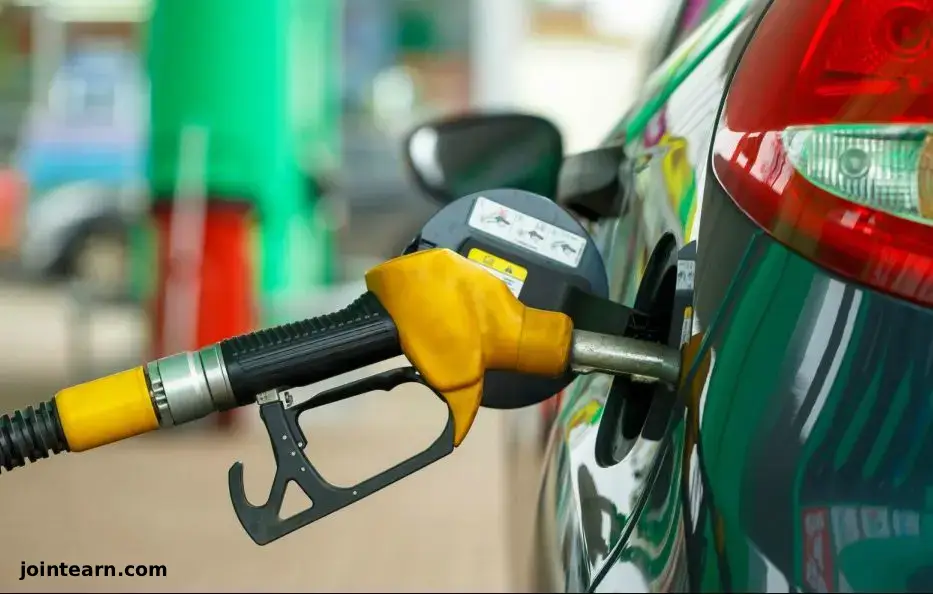
President Bola Ahmed Tinubu recently approved a 15% import duty on petrol and diesel, a move aimed at protecting local refineries. The new tariff is expected to increase imported fuel prices by about N99.72 per litre, bringing petrol in Lagos to an estimated N964.72 per litre, up from the current N925. Prices in Abuja and other parts of the country are also expected to rise.
Government Perspective
The Federal Inland Revenue Service (FIRS) explained that the policy seeks to reduce Nigeria’s dependence on imported petroleum products while boosting domestic refining capacity. Presidential spokesperson Sunday Dare described the tariff as a “bridge, not a burden,” emphasizing that it encourages local production.
Experts like Bismark Rewane, CEO of Financial Derivatives Company Limited, and the Centre for the Promotion of Private Enterprise have welcomed the policy, noting it protects major refineries such as Dangote Refinery and NNPC refineries.
Opposition and Concerns
Critics, however, argue the burden will fall on ordinary Nigerians. Ayiri Emami, an APC chieftain and businessman from Delta, warned that the policy would hurt consumers rather than marketers. Similarly, Chinedu Ukadike, spokesperson for the Independent Petroleum Marketers Association of Nigeria, opposed the tariff, citing potential fuel price increases.
Stakeholder Perspectives
- Dr. Tim Okon, Managing Partner of TENO Energy Resources Limited, said the tariff addresses Nigeria’s long-standing dependence on imported petroleum products. He noted that with Dangote Refinery’s capacity, additional importation may no longer be needed. He added that the policy could generate extra government revenue if imports continue, and stressed that market forces should determine petrol pricing.
- Lucky Akhiwu of the Petroleum Technology Association of Nigeria (PETAN) welcomed the policy for supporting local industries but cautioned against potential cheap imports undermining domestic refineries.
- Benson Upah of the Nigeria Labour Congress (NLC) warned the tariff could backfire if used to manipulate prices or shield monopolies. “If local supply meets demand without distortion, the policy is beneficial. But if it results in price manipulation, Nigerians will bear the cost,” he stated.
Current Context
Industrial data shows Dangote Refinery supplies 20 million litres of petrol daily out of Nigeria’s average daily consumption of 45–50 million litres. Dangote now reportedly loads over 45 million litres of petrol daily, supporting the 15% import duty.
Currently, petrol sells for N925–N960 per litre in Lagos and Abuja, with some recent price adjustments bringing it to N940 per litre in Abuja.


Leave a Reply